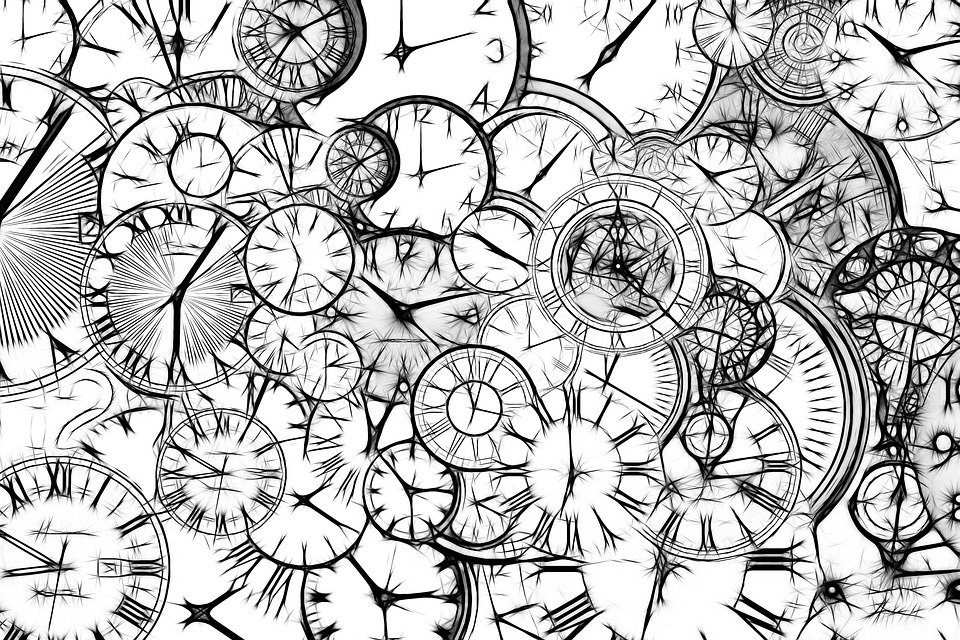From Hippocrates to Herbalism: Ancient Medicine’s Lasting Impact
Introduction
Ancient medicine has had a profound and lasting impact on the field of healthcare. From the time of Hippocrates, often referred to as the “Father of Medicine,” to the practice of herbalism, ancient medical traditions have shaped our understanding of the human body and the methods used to treat illnesses. This article explores the evolution of ancient medicine and its continued influence on modern healthcare.
The Legacy of Hippocrates
Hippocrates, a Greek physician born in 460 BC, is widely regarded as the most influential figure in the history of medicine. He advocated for a scientific approach to healing and emphasized the importance of natural remedies. Hippocrates’ teachings, compiled in the Hippocratic Corpus, laid the foundation for evidence-based medicine and medical ethics.
One of Hippocrates’ significant contributions was his theory of the four humors, which proposed that an imbalance in the bodily fluids, namely blood, phlegm, yellow bile, and black bile, caused illnesses. This theory guided medical practices for centuries, and though it has been debunked, it played a crucial role in shaping early medical thought.
Ancient Medical Systems
Apart from Hippocrates, various ancient civilizations developed their own medical systems. Traditional Chinese Medicine (TCM), dating back over 2,500 years, focuses on balancing the body’s energy or Qi through practices such as acupuncture, herbal medicine, and Tai Chi. TCM continues to be widely practiced in China and has gained recognition in Western countries.
Ayurveda, an ancient Indian system of medicine, traces its roots back to the Vedic period (1500-500 BC). It emphasizes the balance between body, mind, and spirit and employs herbal remedies, yoga, and meditation to promote overall health. Ayurvedic principles have influenced modern alternative medicine practices.
Herbalism and Ancient Remedies
Herbalism, the use of plants and plant extracts for medicinal purposes, has been an integral part of ancient medical systems across cultures. Ancient Egyptians, for example, used herbs like aloe vera and garlic for healing, while Native Americans relied on plants like echinacea and lavender for various ailments.
Many modern medications are derived from or inspired by ancient herbal remedies. For instance, aspirin, a widely used pain reliever, traces its origins back to willow bark, which was used by ancient Egyptians to reduce fever and inflammation.
The Influence on Modern Medicine
Ancient medical practices have left a lasting impact on modern medicine. The emphasis on holistic approaches, the use of natural remedies, and the recognition of the mind-body connection are all concepts that can be traced back to ancient medical traditions.
Alternative medicine, which includes practices like acupuncture, herbal medicine, and meditation, draws heavily from ancient medical systems. These practices are increasingly being integrated into mainstream healthcare, offering patients a wider range of treatment options.
Moreover, the scientific approach to medicine promoted by Hippocrates continues to shape modern medical research and practice. Evidence-based medicine, clinical trials, and medical ethics can all be traced back to the principles laid out by Hippocrates in ancient Greece.
FAQs
1. What is the significance of Hippocrates in the history of medicine?
Hippocrates is considered the “Father of Medicine” due to his scientific approach and emphasis on natural remedies. His teachings laid the foundation for evidence-based medicine and medical ethics.
2. How have ancient medical systems influenced modern healthcare?
Ancient medical systems like Traditional Chinese Medicine and Ayurveda have influenced modern healthcare by promoting holistic approaches, natural remedies, and recognizing the mind-body connection. Practices such as acupuncture and herbal medicine have gained recognition and are integrated into mainstream healthcare.
3. Is herbalism still relevant today?
Yes, herbalism is still relevant today. Many modern medications are derived from or inspired by ancient herbal remedies. Herbal supplements and remedies continue to be used for various health conditions, often as an alternative or complementary approach to conventional medicine.
4. Can ancient medical practices be considered evidence-based?
While ancient medical practices may not meet the rigorous standards of modern evidence-based medicine, they were based on observation and trial-and-error. Ancient medical practitioners documented their experiences and learned from them, forming the basis of medical knowledge at the time.
5. How can ancient medical practices be integrated into modern healthcare?
Ancient medical practices can be integrated into modern healthcare through research, clinical trials, and collaboration with traditional practitioners. By studying the efficacy and safety of ancient remedies, modern medicine can benefit from the wisdom of ancient healers while ensuring patient safety and evidence-based practice.
Conclusion
Ancient medicine, from Hippocrates to herbalism, has had a profound impact on the field of healthcare. The legacy of ancient medical systems, such as Traditional Chinese Medicine and Ayurveda, continues to shape modern healthcare practices. Herbalism, with its focus on natural remedies, remains relevant today, and many modern medications have their roots in ancient herbal remedies. By recognizing and integrating ancient medical traditions, we can benefit from the wisdom of our ancestors while advancing modern medical knowledge and practice.

